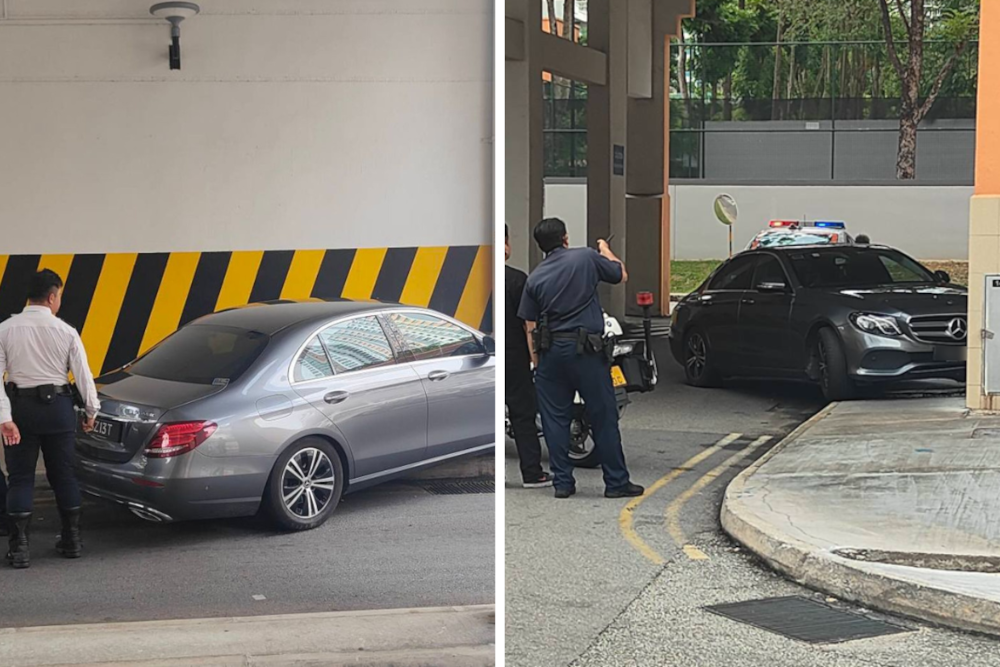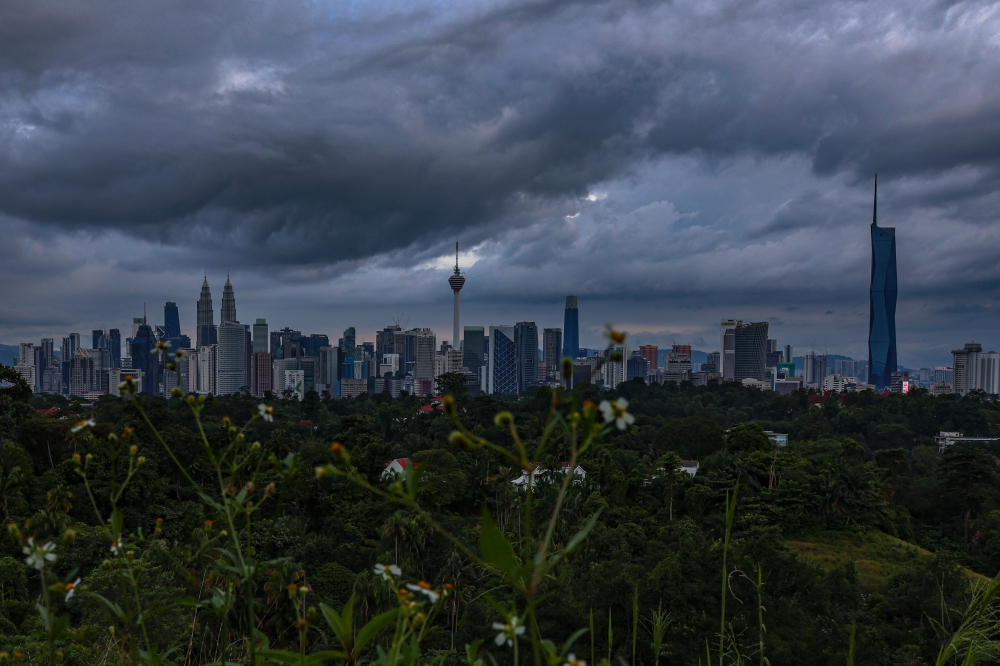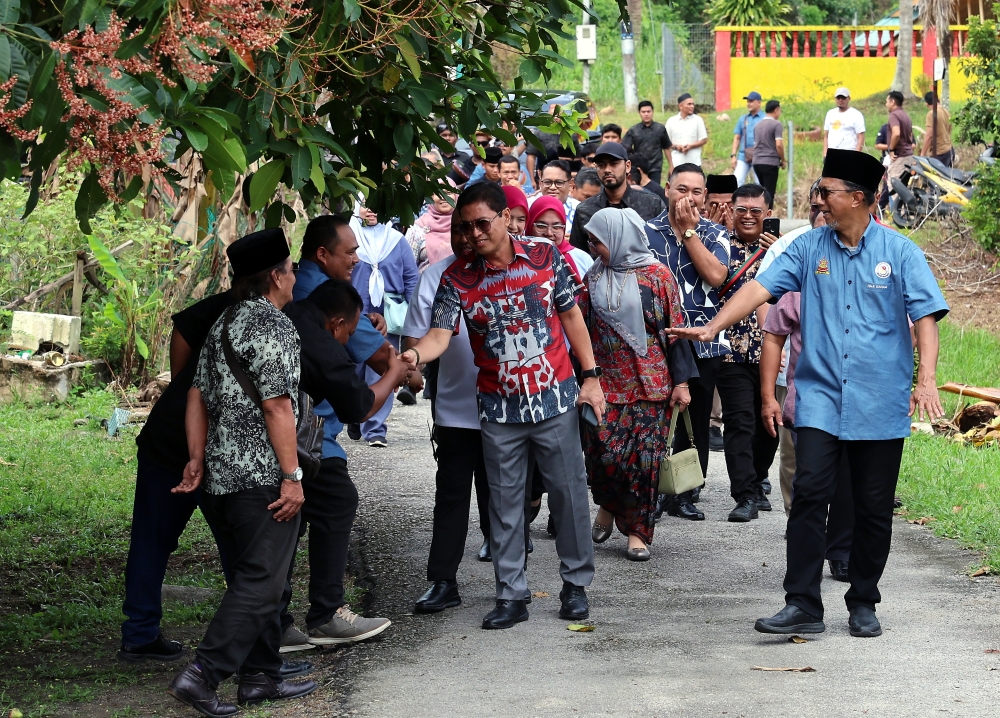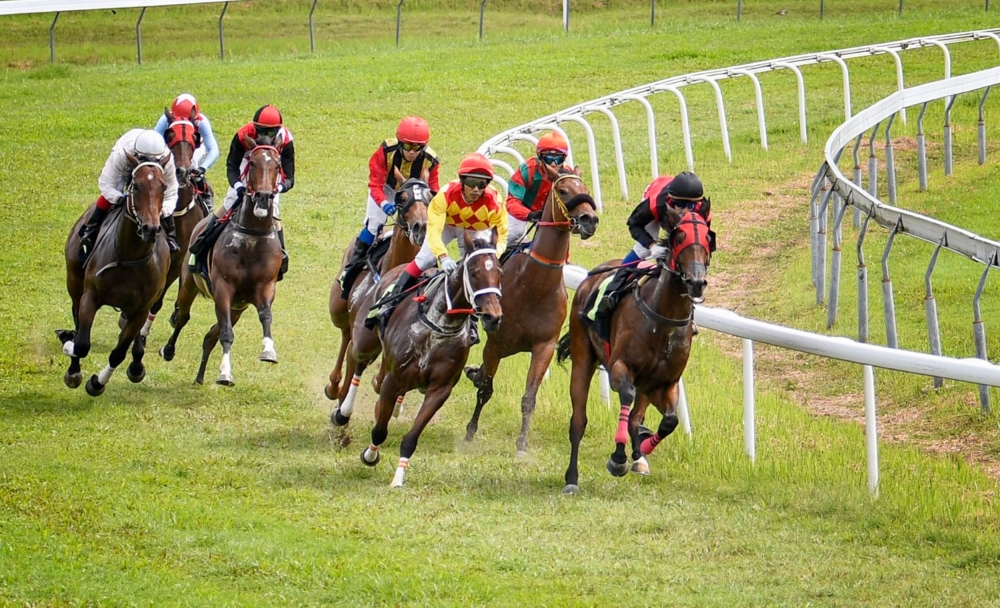- The Perak Turf Club in Ipoh is repurposing its long-unused horse stables into Asia’s first ‘stable market’, blending heritage with modern community life.
- The Ipoh Stable Market will feature nearly 90 stalls offering local food, artisan goods, and cultural exhibits, aiming to celebrate and preserve Ipoh’s identity.
- Slated for completion in November 2025, the project is part of a wider effort to revitalise the area and redefine the Turf Club’s role beyond horse racing.
IPOH, May 9 — Once home to more than 500 racehorses and the vibrant sounds of thundering hooves, the Perak Turf Club’s (PTC) horse stables are being given a second life — this time, as Asia’s first-ever “stable market”.
In a bold and imaginative move, the PTC has decided to repurpose its long-dormant stables into a dynamic community marketplace.
The new venture, called the ‘Ipoh Stable Market’, will bring together farmers, food vendors, artisans, and entrepreneurs under one historic roof — offering a one-of-a-kind experience that blends heritage with innovation.
With horse racing’s popularity waning among the younger generation, the transformation marks a significant pivot for the PTC.
Entrusted with this ambitious project is Perak Ipoh Stable Market (PISM) Management Sdn Bhd, an organisation renowned for revitalising heritage spaces across Ipoh.
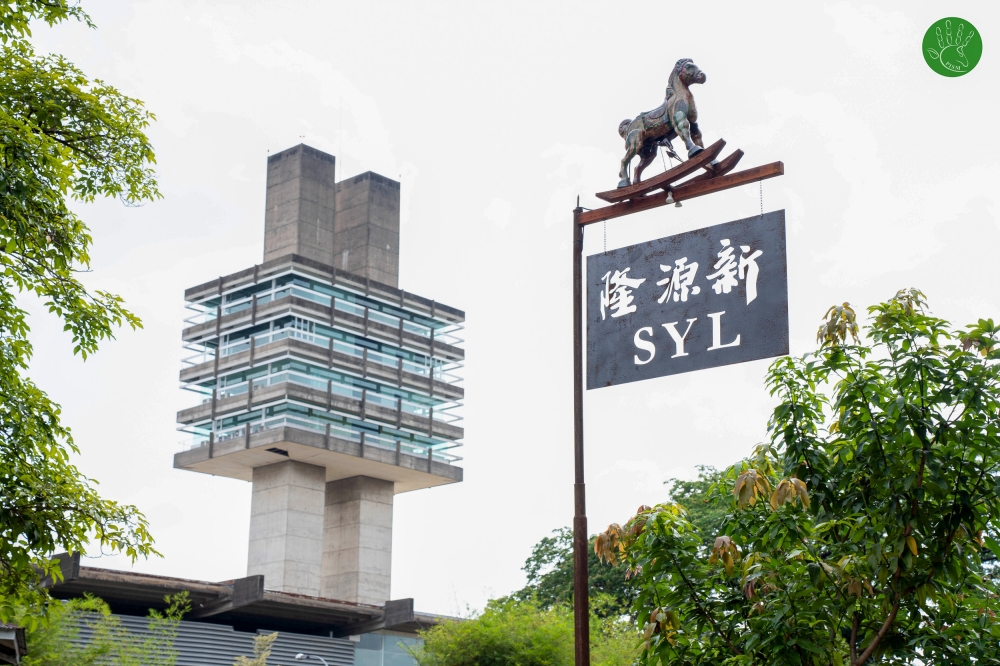
“We saw an opportunity to reimagine this space as a lively community hub — one that respects Ipoh’s heritage while creating a modern gathering place.
“Our guiding principle, ‘Good Time, Good Place, Good People’, reflects this balance of preservation and progress,” said project manager Suzanne Kew in an interview with Malay Mail.
Kew said the stables, which have stood vacant for more than a decade, are now being painstakingly restored under the careful supervision of Tan Kai Lek, who is well known for his work in reshaping the city’s cultural and artistic landscape.
“The stables once served as the epicentre of Ipoh’s equestrian culture — housing champion racehorses and drawing crowds from around the country.
“So, the biggest challenge right now is upgrading the facilities to meet modern needs without compromising the original architecture,” she said.
“We can confidently say about 70 per cent of the structure will be preserved — the iconic stable facades, timber beams, and open layout will remain intact. New elements will blend seamlessly to enhance functionality,” she added.

In the first phase of the project, approximately 90 stable units are being transformed into stalls that will host a variety of sections, including a fresh market, local specialties, beauty and wellness services, food and beverages, as well as artisan crafts and cultural exhibits.
Kew pointed out that PISM’s vision is as much about people as it is about place.
“The team is curating a vendor mix that celebrates local identity and sustainability.
“Priority will be given to community-minded businesses such as the third-generation kopitiam owners, heritage food vendors, craftspeople, farmers and artisans who embody the spirit of Ipoh.
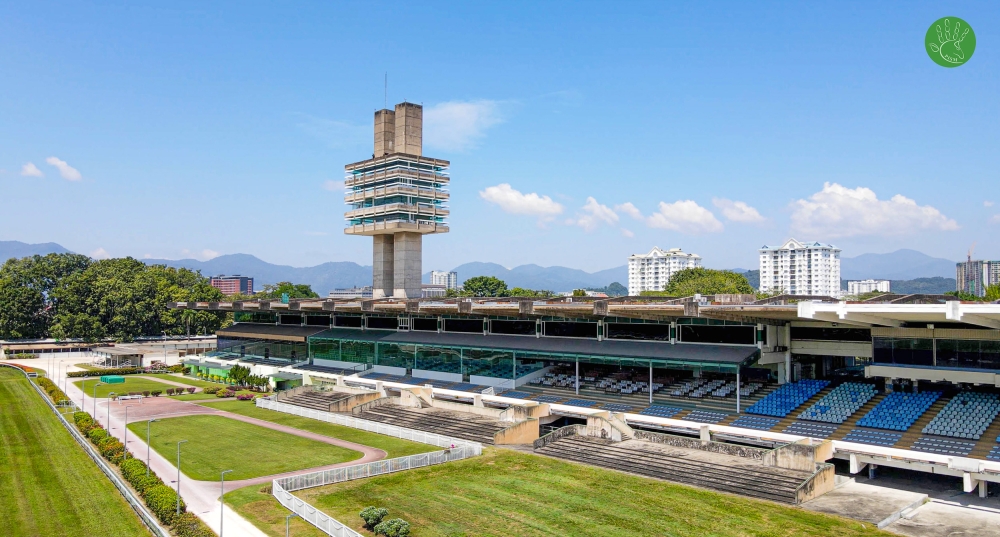
“Imagine a space where Ipoh’s past and present converge — historic architecture housing vibrant stalls serving Ipoh white coffee, handmade goods, and immersive cultural experiences.
“It’s more than a marketplace, it’s a living museum,” she said.
She also said the project has already sparked excitement among locals.
“People stop by the site daily to ask about our progress. Their enthusiasm fuels our team,” she added.
Slated for completion by November 2025, Kew said the market is currently a hive of restoration activity.
“At the moment, the craftsmen are meticulously refurbishing the stables’ original features while modern infrastructure is quietly being integrated,” she said.
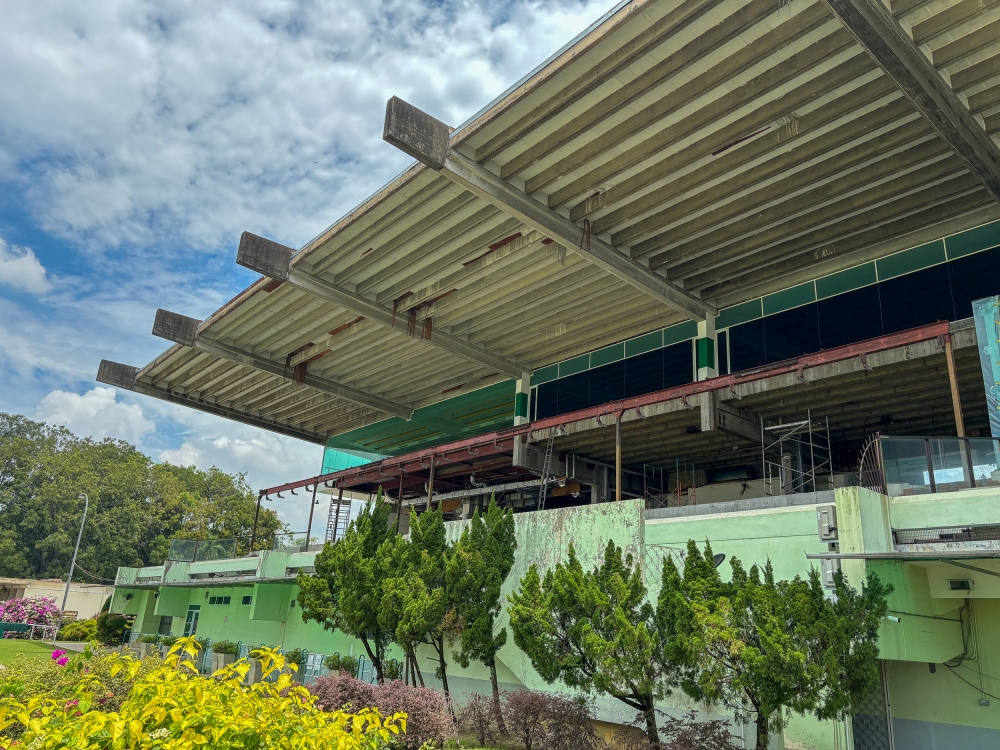
Beyond its role as a commercial space, Kew said the Ipoh Stable Market will also serve as a cultural platform.
“In its second phase, the venue will host heritage walks, maker workshops, and community performances, with active partnerships being developed with schools and local cultural groups.
“We’re building more than just a market — we’re nurturing a cultural ecosystem,” she said.
Kew said the Ipoh Stable Market project is part of the broader “More Than Racing” campaign by the PTC, which aimed at redefining the club’s role in the city’s future.
“Post-launch, plans include outdoor seating, seasonal pop-up markets, and other community-led concepts driven by public feedback,” she said.








